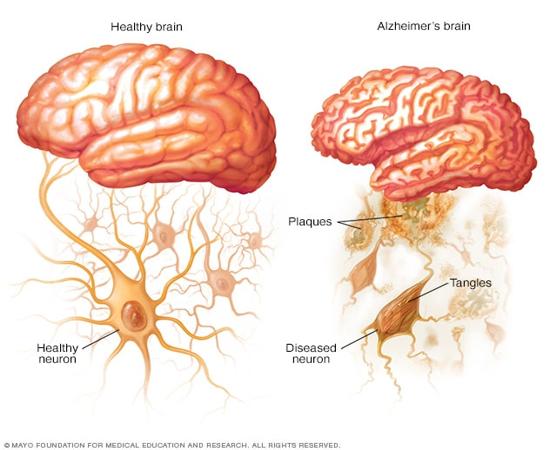Introduction
When it comes to brain health, one of the most concerning conditions is Alzheimer’s disease. alzheimer’s dementia brain health is a topic that affects millions of individuals worldwide. Understanding how Alzheimer’s and dementia impact the brain is crucial for promoting overall well-being and quality of life.
Benefits of Brain Health in Alzheimer’s Dementia
Optimal brain health is essential for maintaining cognitive function and memory. By prioritizing brain health, individuals can potentially delay the onset and progression of Alzheimer’s disease. Engaging in activities that promote brain health, such as regular exercise, a balanced diet, and mental stimulation, can have a positive impact on overall well-being.
Detailed Explanation
Alzheimer’s disease is a neurodegenerative disorder that leads to cognitive decline and memory loss. The brain of a person with Alzheimer’s undergoes progressive changes, including the accumulation of plaques and tangles that disrupt communication between nerve cells. These changes ultimately result in the deterioration of cognitive function and memory.
dementia and the brain
Dementia is a broad term used to describe a decline in cognitive function severe enough to interfere with daily life. Alzheimer’s disease is the most common cause of dementia, accounting for 60-80% of cases. Dementia affects various brain functions, including memory, language, reasoning, and judgment.
information on dementia and brain health
It is important to note that while Alzheimer’s disease and dementia can have a significant impact on brain health, there are ways to support cognitive function and overall well-being. Adopting a brain-healthy lifestyle that includes physical exercise, mental stimulation, social engagement, and a nutritious diet can help maintain cognitive function and potentially reduce the risk of developing Alzheimer’s disease.
Effect of Alzheimer’s Disease on the Brain
Alzheimer’s disease progressively affects the brain by causing the shrinkage of brain tissue and the disruption of neural pathways. This leads to a decline in cognitive abilities, memory loss, confusion, and changes in behavior. Understanding the effects of Alzheimer’s on the brain is crucial for implementing strategies to support brain health and quality of life.
Frequently Asked Questions
1. How does dementia impact the brain?
Dementia disrupts communication between nerve cells in the brain, leading to a decline in cognitive function and memory loss.
2. Are there ways to promote brain health in individuals with Alzheimer’s disease?
Yes, engaging in activities such as regular exercise, mental stimulation, and a healthy diet can help support brain health in individuals with Alzheimer’s disease.
3. What are the early signs of Alzheimer’s disease affecting the brain?
Early signs of Alzheimer’s disease can include memory loss, confusion, difficulty completing familiar tasks, and changes in mood or behavior.
4. How does Alzheimer’s disease differ from other forms of dementia in terms of brain health?
Alzheimer’s disease is characterized by the accumulation of plaques and tangles in the brain, which is unique to this form of dementia.
5. Can lifestyle factors influence brain health in relation to Alzheimer’s disease?
A healthy lifestyle that includes regular exercise, a balanced diet, mental stimulation, and social engagement can positively impact brain health and potentially reduce the risk of developing Alzheimer’s disease.
Conclusion
Alzheimer’s Dementia Brain Health is a critical aspect of overall well-being that requires attention and proactive management. By gaining a deeper understanding of how Alzheimer’s and dementia affect the brain, individuals can take steps to support brain health and potentially delay cognitive decline. Prioritizing brain health through lifestyle modifications and engaging in activities that promote cognitive function is key to enhancing quality of life for individuals affected by Alzheimer’s disease.


